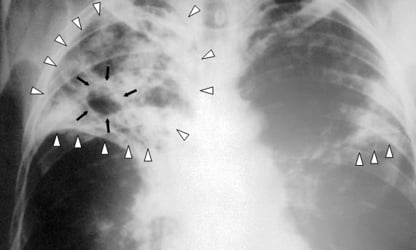The move has been criticised by privacy experts, although Austrian broadcaster the ORF reports that the teachers and parents of students at the affected schools have been informed.
Constitutional law expert Daniel Ennöckl told Ö1 radio that he believes the health authority is in the wrong, a view shared by Hans Zeger, a member of the Data Protection Council.
“The Data Protection Act allows the authorities to pass on important information to citizens. It’s outrageous that the authorities are refusing to comply with what is a fundamental right,” Zeger said.
Susanne Schmid, Vice-President of the Federation of Parents' Associations at schools and colleges, defended the board’s decision. “In the past tuberculosis has led to social exclusion. I think it is right that there has been an attempt to stop this happening. The disease is now perfectly treatable.” She added that everyone at the affected schools has already been informed.
But Zeger believes the Viennese have a right to know what is happening in their city. “If people aren’t properly informed – the result is exactly the hysteria that this policy is trying to prevent. If parents don’t know what schools are affected they don’t know how to respond, and this plays into the hands of populists,” he said.
The Vienna Health Board said the Tuberculosis Act has a “duty of confidentiality” clause, aimed at protecting those infected with the disease.



 Please whitelist us to continue reading.
Please whitelist us to continue reading.
Member comments